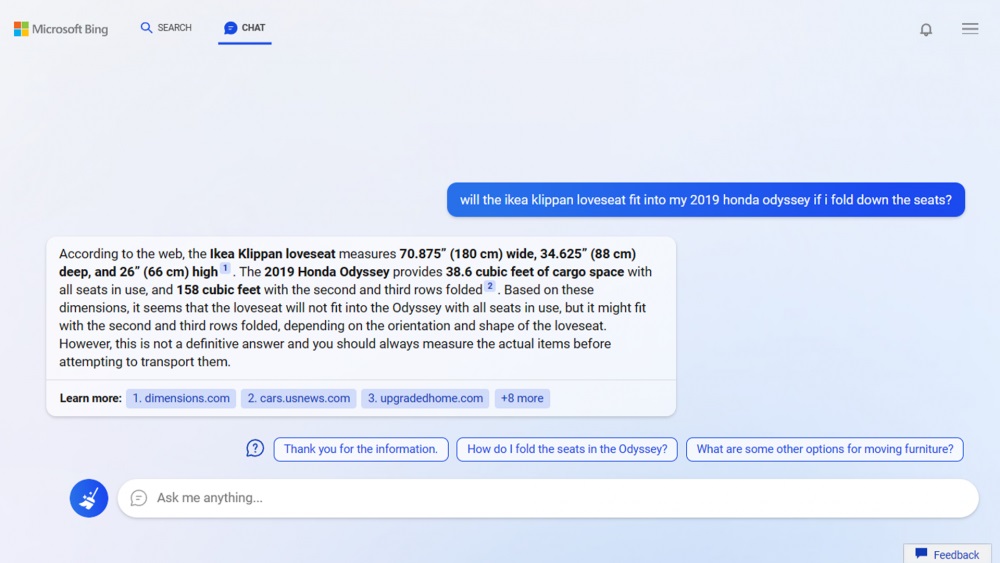OpenAI, the creator of the popular AI chatbot known as ChatGPT, has fixed a bug that exposed the title of people’s conversation history with the popular chatbot.
OpenAI CEO Sam Altma made the admission of the bug on Twitter, which he described as a “significant issue” with ChatGPT, which they felt “awful” about.
Earlier this month Sam Altma had said he was a “little bit scared” of artificial intelligence technology and how it could affect the workforce, elections and the spread of disinformation.
![]()
Bug fix
On Wednesday OpenAI’s Altma took to Twitter to confirm the bug and the fix.
we had a significant issue in ChatGPT due to a bug in an open source library, for which a fix has now been released and we have just finished validating.
a small percentage of users were able to see the titles of other users’ conversation history.
we feel awful about this.
— Sam Altman (@sama) March 22, 2023
“We had a significant issue in ChatGPT due to a bug in an open source library, for which a fix has now been released and we have just finished validating,” he wrote. “A small percentage of users were able to see the titles of other users’ conversation history. We feel awful about this.”
Altma added that as a result of the fix, users would not be able to access their chat history between Monday 1am PDT (8am GMT) until 10am PDT.
Popular chatbot
ChatGPT has witnessed a surge in growth after its launch late last year. And tech giants are taking advantage of its arrival.
Microsoft for example has been a big backer of the technology, and has invested billions of dollars into OpenAI.
Last month Microsoft also bundled ChatGPT’s AI capabilities into both its Bing search engine and Edge browser, driving increased usage of the search engine.

Image credit Microsoft
Redmond has also reportedly had initial talks with ad agencies about plans to insert advertisements into Bing AI search results generated by OpenAI’s ChatGPT chatbot.
Microsoft then expanded the reach of its recently upgraded Bing search engine, to offer artificial intelligence (AI) functionality to millions of Windows users, when it updated its Windows operating system to promote its new Bing chatbot.
Then last week Microsoft added ChatGPT’s AI capabilities called ‘Copilot’ to its Office suite, which included its popular Word, Excel, Outlook, Powerpoint apps.
That development came after OpenAI last week publicly revealed its GPT-4 software, touting it as a significant improvement over its predecessor, that can produce more accurate text responses.





